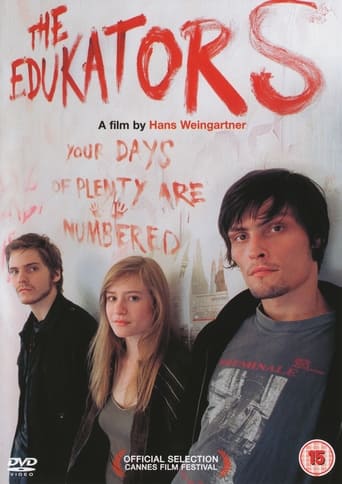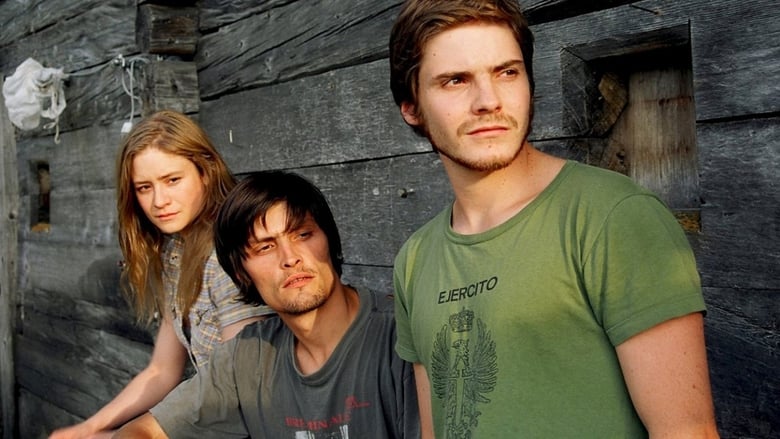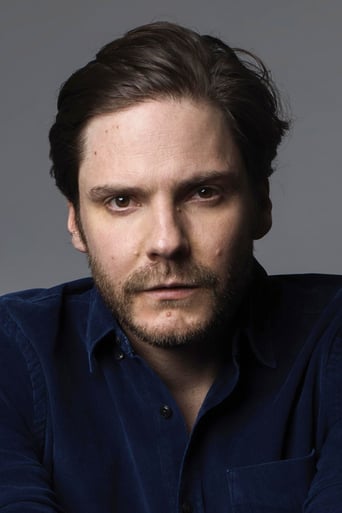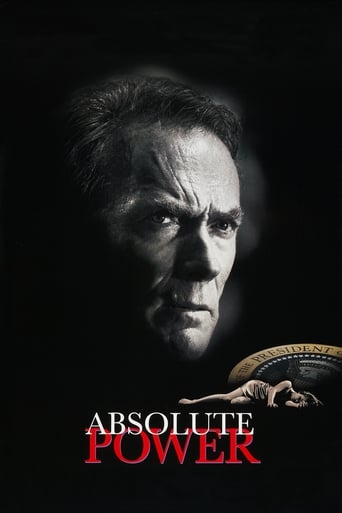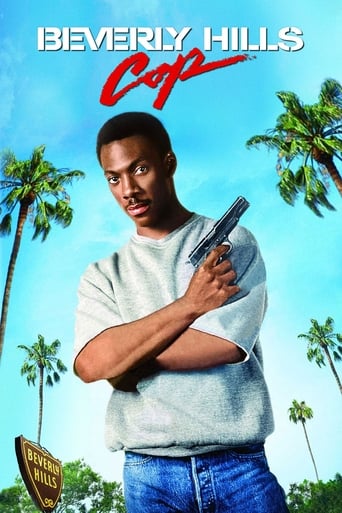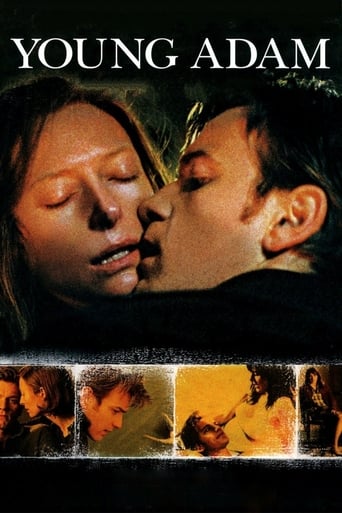The Edukators (2004)
Three activists cobble together a kidnapping plot after they encounter a businessman in his home.
Watch Trailer
Cast


Similar titles
Reviews
So much average
Fresh and Exciting
This story has more twists and turns than a second-rate soap opera.
The film creates a perfect balance between action and depth of basic needs, in the midst of an infertile atmosphere.
This film could be roughly divided into 2 halves: 1st, with 3 main characters, is more dynamic, 2nd, with 4 main characters, is more static; the 1st means more action, the 2nd - more reasoning. Both are skilfully created and accomplished, but the 3 young people among themselves seemed more interesting and realistic to me than 3 young vs 1 older; the latter's reactions were sometimes not so feasible. Luckily, the ending has several twists, so you "forget" that/if you started to scent a trivial round-up.Anyway, all performances were good and distinct, perhaps Daniel Brühl's character was more versatile, with more presence on screen (or he is just more famous internationally?).Thus, a recommended film about reality vs. idealism, empathy vs. conformism, and other topics giving food for thought. And I began to yearn for their hippie Volkswagen bus again... :)
The ending, as I understood it, was not cheerful. The message found on the wall by the police, "Some people never change" is the conclusion. That applied to Herr Hardenburg and to the three Edukators. When Hardenburg had time to consider what to do in the quiet of his rearranged house, he reverted to his establishment, bourgeois self and called the police. He did not change, once he regained his footing in the world that was his before being kidnapped. Similarly, after having realized that what they did (kidnapping Hardenburg) was done not for idealistic reasons but to try to find a way to save themselves from prison, they did not give up their rather dangerous game. They simply moved to a new location from which to continue - or so I understood. As a dramatic work, I found it too blatant in its messages. It is not the work of a mature writer who allows his (or her) readers to realize what his theme is without making it a classroom of "Edukation". The acting was well done, and the drama was suspenseful. There was just no way of concluding such a story that would not have been tragic or unrealistic. The conclusion offered, a message on the wall, was probably the only other alternative.
(Spoilers) This story of three young Berliners who have become angered by the inequities of wealth distribution is perhaps more relevant now, after the financial crisis of 2008, than when it was released in 2004, since the excesses of the wealthy are now under scrutiny. There is more here than a debate on the evils or merits of the wealthy. Woven into the story is a love triangle between Jan, Jule, and Peter. The love triangle subplot, depicting the complexities that arise when friendship and love start to overlap, is believable and handled with skill. In addition the film is part thriller.The first part of the film that sets up the relationships between the three characters is a bit slow, but pays off as situations evolve. In fact I wish we had gotten more background on Jan and Peter to see how they wound up being so disaffected.In the beginning Jule is doing what any good activist with her particular grudge would be doing--harassing customers in a shoe store for buying $100 sneakers that cost $5 to make, using cheap foreign labor. Jan and Peter are more serious in their activities by way of breaking into the estates of the wealthy, simply rearranging the rooms, and leaving mildly threatening notes behind (signed "The Educators") expressing their disdain for the excesses of the owners.Initially the activities are just irritating or prankish, but things get serious when circumstances develop that have the three radicals somewhat unintentionally kidnapping a wealthy owner. They take their captive to Jule's uncle's isolated cabin in the mountains. Such a cabin in such a beautiful location would imply that Jule's uncle was well off, but the anarchists had no trouble availing themselves of this appurtenance of wealth when it was convenient.What were they living on? None of them had a job, but they were running their van around, equipped with surveillance electronics. They wanted to close down a sneaker store, but where did they get their sneakers? If you are living in a capitalist society, then there is no way to extricate yourself from participating short of changing the system, and if that was their goal, then these young people had little idea of how to accomplish it.I came away with feeling how naive and lacking in foresight the three "Educators" were. What was going to be the reaction of those whose houses had been rearranged? First they would call the police, then they would beef up the security of their mansions. So what had the gang of three accomplished? Precious little. I think you would have to classify these three as anarchists, since they seem to have no way of articulating their unformed anger other than by disruption. If they really were interested in the question of the disparity of wealth distribution they had not taken much time to think about what would be effective ways to address the problem. I saw their actions as counterproductive.While at the cabin the anarchists and their hostage (known only as Hardenberg) loosened up a bit and had some interesting conversation on the topic of concern. But there again, the anarchists displayed a total lack of understanding by assuming that a capitalist economy is a zero-sum game--if Hardengerg is wealthy, then his wealth must have come at the expense of the less wealthy. In the verbal sparring between the young people and Hardenberg, I found that Hardenberg made more sense, even though he throws out the old canard that the opportunity to accomplish what he did is out there for everyone. That is simply not true in light of the statistic that the best predictor of one's financial success is the financial success of his or her parents. Instead of random attacks on wealthy individuals, working toward making Hardenberg's assertion more truthful might be a better approach for the three Educators.I do believe that disparity of wealth is a problem that will ultimately result in class warfare if not addressed. This battle is already in its early stages in the United States as tax cuts are given to the wealthy at a time when the country is sliding toward bankruptcy. So, I feel that Hardenberg could bat down the arguments of the anarchists only because they were running primarily on emotion and had little to present by way of a coherent argument.The ending left me with many questions. I could not figure out if Hardenberg was a master actor and manipulator, or whether he was telling the truth during his captivity about his activist past. Did Hardenberg identify with the anarchists to the point of funding their dream of disrupting communication satellites and shutting down all TV reception in Europe? The evidence for that would be that the Educators were given enough time to vacate their apartment and wind up at a hotel in Spain. If Hardenberg was going to come after them, would he not have done so shortly after being returned to the safety of his home? How could the Educators finance their trip to Spain without a backer? On the other hand the final sign on the wall, saying that no man ever changes, could be interpreted as directed at Hardenberg, implying that he had reverted to the tactics of a wealthy man used to getting his way. Or it could be interpreted as implying that at heart Hardenberg was an anarchist and had reverted to being that. But then again, if Hardenberg were an anarchist sympathizer, then why go through the charade of raiding the apartment? Or was that to convince anyone that he was not involved? A very ambiguous ending.If the Educators were successful in their attempt to disrupt satellite communications, I don't see how that act would advance the cause of a more equitable distribution of wealth.This film did not make me want to go out and picket my local shoe stores.
Director Hans Weingartner has stated that this film came about partly to reflect on his own struggle to find a political identity as a young adult in Germany. This confusion is evident from the beginning, as all three of the young adults seem to have different motives for becoming 'Edukators'. In one scene early on, Jan finds a watch that Peter has stolen and throws it out the window of the van, to which Peter responds "you just threw away 5,000 euros", implying that he intended to capitalise on his 'find'. Jule also seems to have a rather selfish approach to being an 'Edukator', as she purely wants to cancel a debt so that maybe she could start a lucrative career herself. Both of the guys are willing to ignore the nature of her motives and help her (they even compare her situation to the debt of Third World nations) for their own selfish desires (i.e. her).My problem with the film was that the ending was too facile. The set-up of the characters is somewhat idealistic, so the end message "some people never change" carries little of the gravitas it ought to (as does the clumsy, unauthorised cut of Jeff Buckley's 'Hallelujah' was it *really* necessary?).

